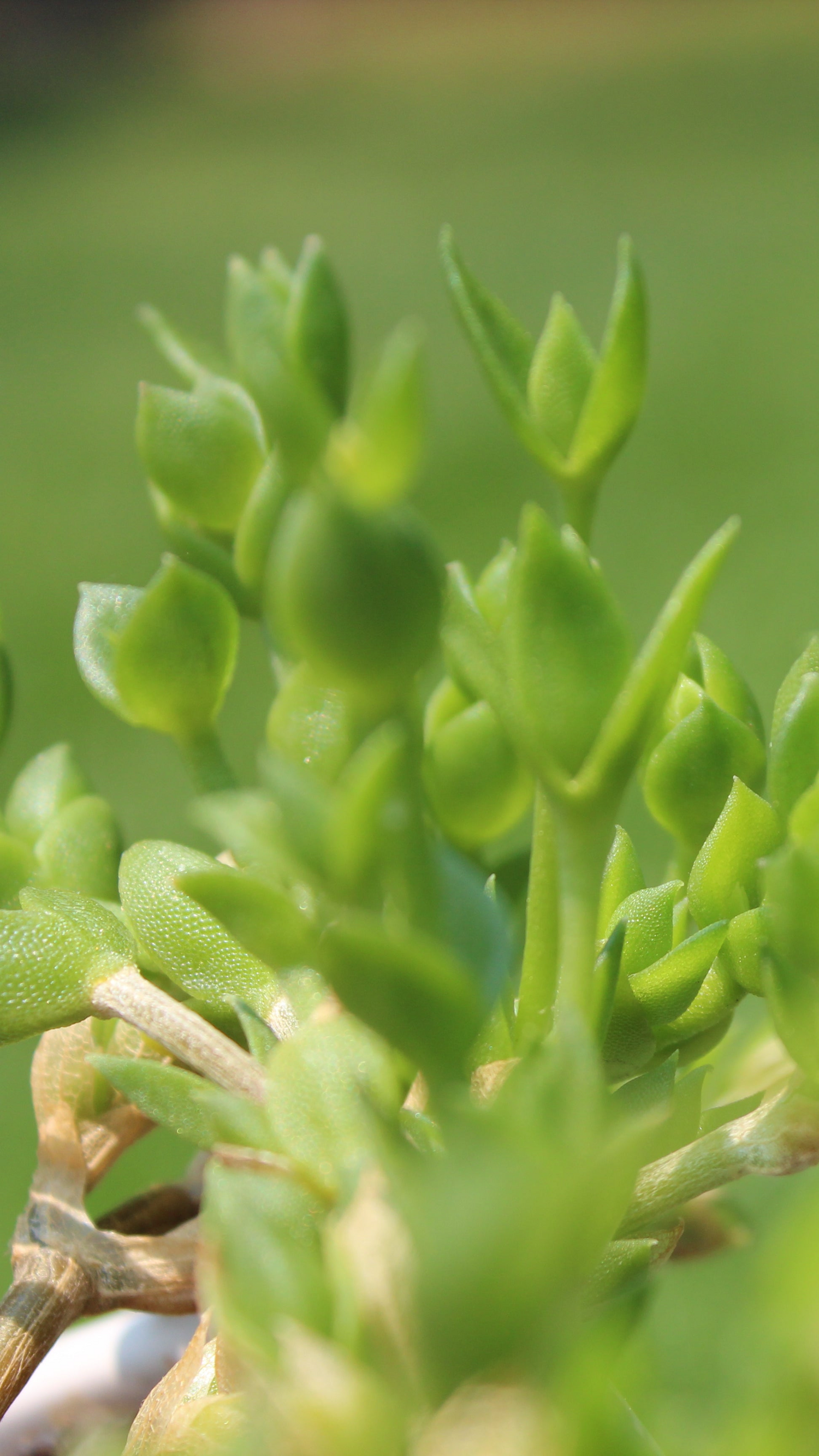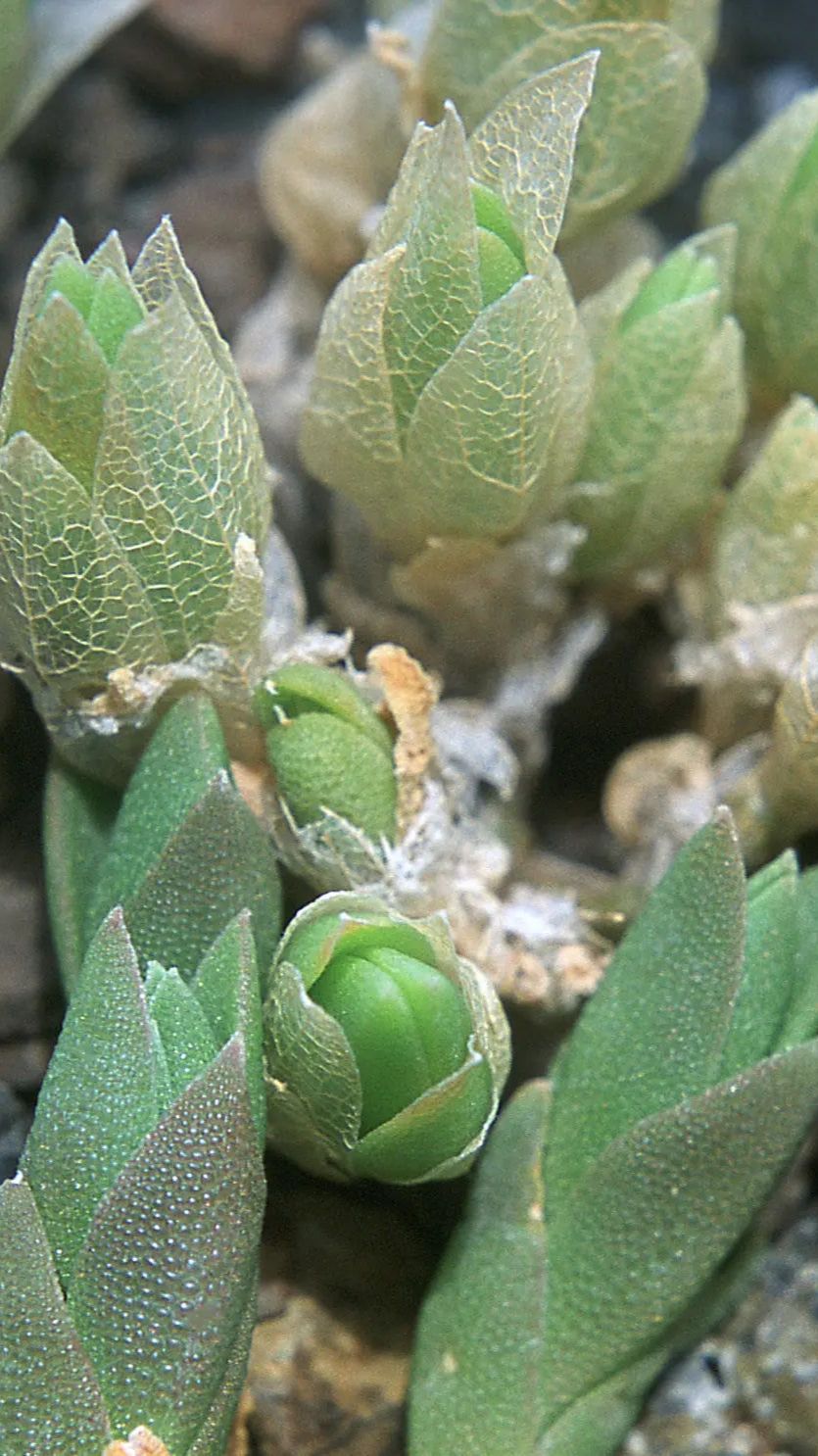
Healing Herbals
Sceletium Tortuosum Kanna Cutting | Live Plant | Clone
Sceletium Tortuosum Kanna Cutting | Live Plant | Clone
5.0 / 5.0
(2) 2 total reviews
Couldn't load pickup availability
.
One Live kanna plant cutting / clone / live plant
-
Transplanting and Soil: When transplanting, ensure the kanna plant is placed in well-draining soil. This is crucial for preventing root rot and promoting healthy growth.
-
Watering: Water the plant thoroughly and then allow the soil to dry out completely before watering again. This mimics the natural arid environment of the plant and helps maintain its health.
-
Light Requirements: Kanna plants thrive in full light. However, in extremely hot conditions, it is advisable to provide partial shade to prevent scorching.
Share

The shipping was a bit weird as it was sent separately from other things in my order, however healing herbals support email was fantastic in informing me and getting me the other tracking number. The plant arrived alive and beautiful. I feel I received a bit more than a cutting as the plant came in a little pot and was rooted. (Not complaining, this is awesome!) Thank you healing herbals!
Sceletium Tortuosum Kanna Cutting | Live Plant | Clone

Kanna & Quality
Healing Herbals commitment extends through sustainable and ethical
sourcing of Sceletium tortuosum. We ensure that our plant material is
organically grown, without the use of synthetic chemicals, and sourced
either from well-managed farms or sustainably maintained wild ecosystems
on private lands.
In alignment with our ethical practices our
main suppliers participate in fair sharing agreements with the
indigenous San and Khoikhoi communities including the South African San
Council. These are the traditional knowledge holders of Sceletium.
Additionally our suppliers are authorized by the Western Province
Department of Cape Nature to distribute and export Sceletium globally

History of Kanna
This revered herb, indigenous to South Africa, has played a
significant role in the lives of the local people, particularly the
Khoikhoi and the San tribes, since prehistoric times. These tribes,
initially hunter-gatherers, used Kanna for various purposes including
relief from thirst and hunger, to combat fatigue, and for social and
spiritual purposes. They had a profound connection with the plant,
associating it with the sacred eland antelope and referring to it by the
same name: 'kanna'.
The first isolation of an alkaloid from Sceletium tortuosum was in 1898 by
Meiring, who called it mesembrine. This discovery led to a deeper
understanding of the plant's chemical composition, though its exact
composition remains elusive.
Kanna's long-standing history
reflects its significance in South African culture and its evolving role
in global herbal medicine and recreational use. From its traditional
roots to modern applications, Kanna has remained a plant of great
interest and value.

